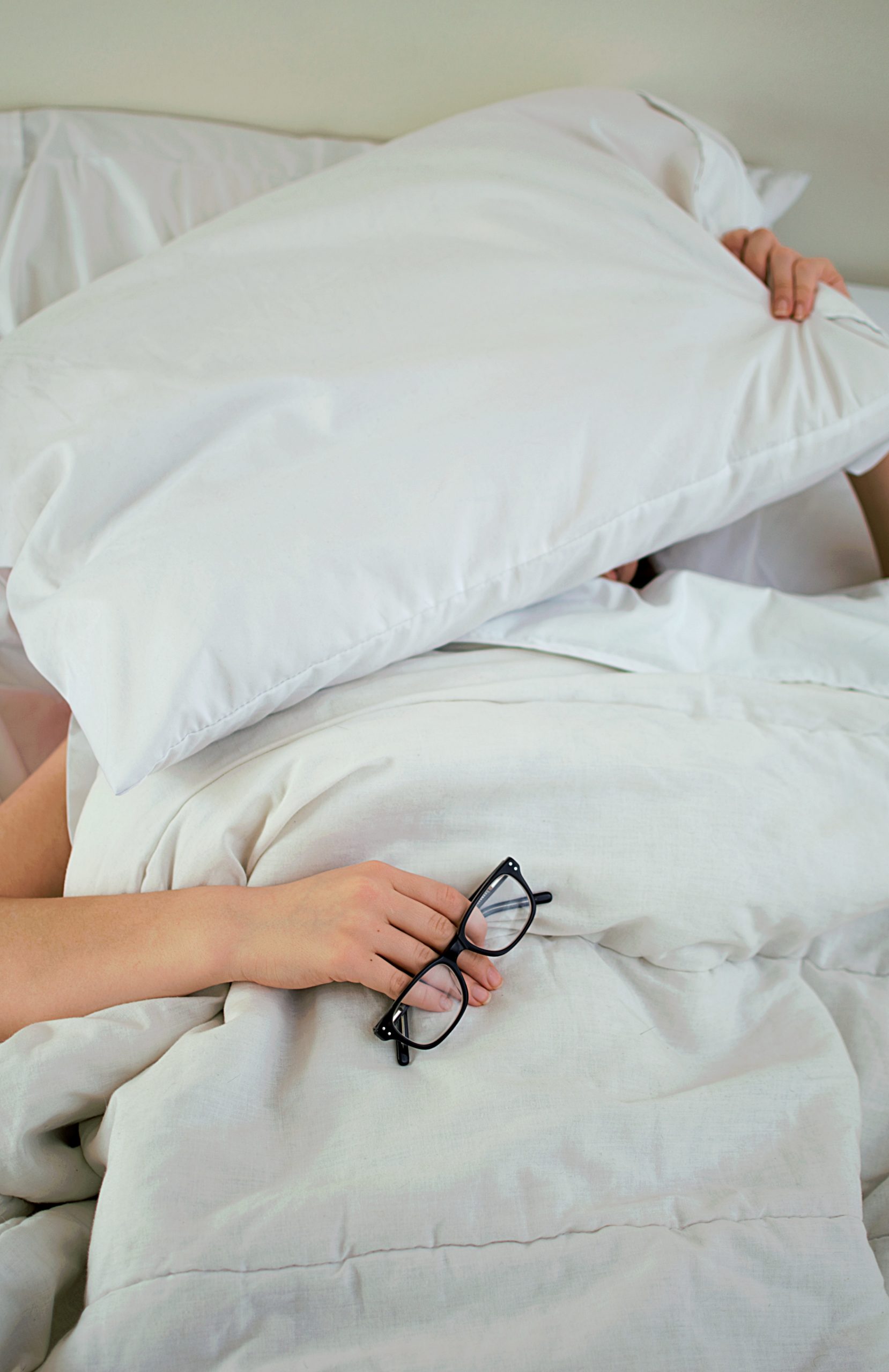If you’re trying to lose weight, the amount of sleep you get may be just as important as your diet and exercise. Unfortunately, many people aren’t getting enough sleep. In fact, about 30% of adults are sleeping fewer than six hours most nights.
How lack of sleep can cause weight gain
1 – Poor sleep can make you more hungry. When you do not get adequate sleep, the body makes more ghrelin and less leptin (the hormones that signal when you need to eat and when to stop), leaving you hungry and increasing your appetite.
2 – The hormone cortisol is higher when you do not get adequate sleep. Cortisol is a stress hormone that encourages your body to hold onto fat. Especially around the middle.
3 – Our brains need glycogen (sugar for energy) when we are over tired we crave sugary foods that then mess with the hormone Insulin which signals the liver to store fat.
4 – It decreases your resting metabolic rate as the body doesn’t have time for all the healing and repairing processes that happen at rest.
How much sleep do I need?
We are all different. But if you are not waking with a feeling of having rested and being energised that could be a sign you need more. Aim for 8-9 hours of quality sleep.
Tips for getting a good nights sleep
1 – Start winding down at least an hour before bed. That means not engaging in anything too stimulating mentally, i.e. work or media that can cause stress or anxiety. Try getting into a routine that helps you relax, like taking a bath, reading or meditating.
2 – Avoid stimulants in the evenings. Tea, coffee, soft drinks with caffeine and alcohol.
3 – Don’t eat too late – give your body a minimum of 3 hours to digest food before bed so that its not busy digesting while you sleep and can focus on healing and repair.
4 – Maintain your blood sugar levels. Avoid simple carbohydrates in the evening that can spike your blood sugar quickly – potatoes, pasta, bread, crisps and sugary puddings. Instead opt for a meal thats low on the GI scale (Glycemic Index). Don’t go to bed hungry either. Low blood sugar levels can wake you up in the night. If you are hungry, try having a small piece of fruit or a few nuts.
5 – Try a meditation app that can help you switch off and fall asleep or get back to sleep if you wake in the night – My favourite is Headspace.
6 – keep a note pad by the bed to capture any thoughts waking you up so they can be put aside til morning.
7 – Try an eye mask or ear plugs to avoid disturbance in the night.




